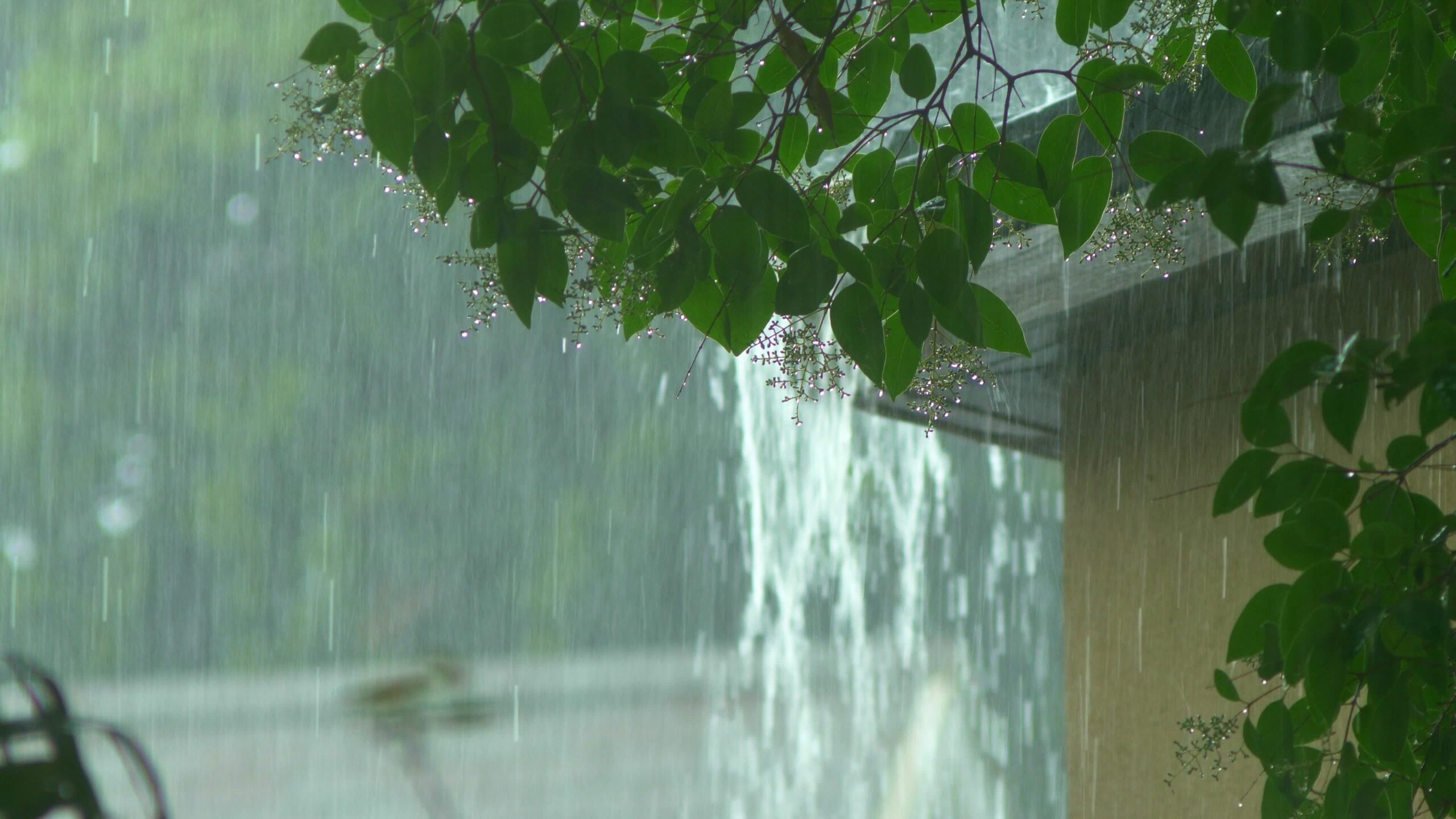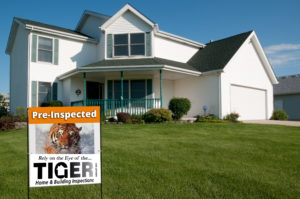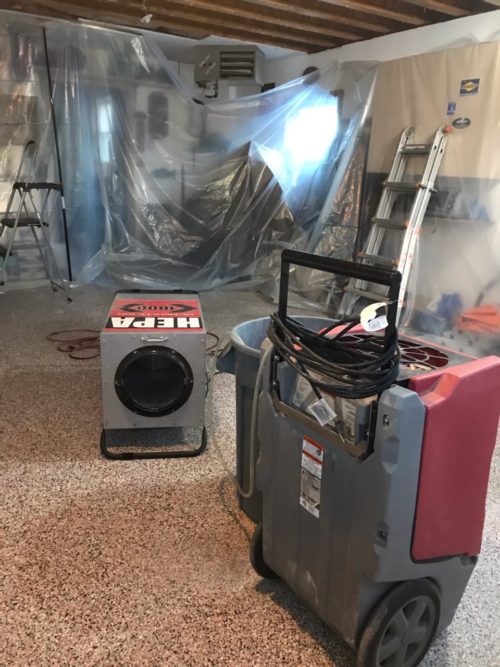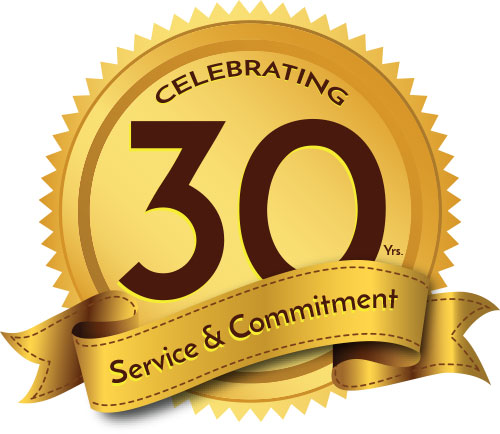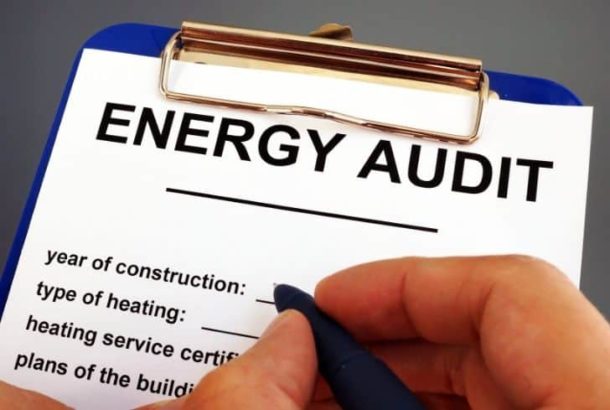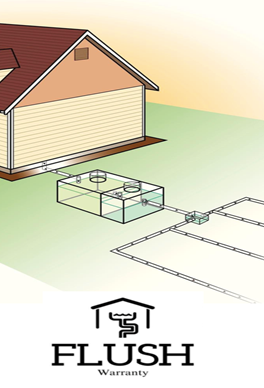The first warm days of Summer are here. It’s a natural tendency to want to open the windows and take in the fresh air. We agree… except when a Radon Test is scheduled to be performed.
The Radon Test scheduled during a real estate transaction will require all parties to follow the EPA Testing Standard “Closed House Conditions” during the radon test period of at least 48 hours. What does that mean for you?
We Are Tiger Group
In our 31 years in business, we have grown and cultivated a skillful team of inspectors, living and working throughout CT and bordering counties of Rhode Island and New York. I would like to introduce you to the Tiger Group Team. We have inspectors to assist you in your local area or with particular property specialties. Individually, our inspectors are the core of our company; together they further strengthen our service level through working together on multi-inspector luxury properties and commercial buildings as well as providing an in-house network, sharing expertise with one other.
Read MoreApril Showers Can Bring…. Mold Growth
The only way to know if mold spores are a problem is to have air samples analyzed by a lab to find out if indoor spore levels are significantly higher than in outdoor air. But you want more than just air testing. You’ll want to know what caused the mold to grow, how widespread it is, and how to eliminate it and keep it from returning.
Read MoreWater: Would We Be “Well” Without It?
In Connecticut, we are incredibly fortunate to have ready access to clean water. But who tests that water to ensure it is safe to drink and contaminate-free?
If you live in a community that provides municipal services, the already-tested water is piped to your home, and you really don’t have to do much. You may choose to add minor filtration to suit your taste preference, but that’s about it. And you can obtain water testing results from your local water company.
When you live in a home served by a private well, one may assume the water is good. But how do you know? I suspect that very question is the reasoning behind a new piece of Connecticut Legislation
THE SELLER PREPARATION INSPECTION: LESS STRESS, FASTER SALE
Home Inspectors find defects; it comes with the territory. A small number of these deficiencies are expected based on the […]
Read MoreWhen Does Water Damage Need to be Handled by a Professional?
We asked Daniel Miljenovic, Owner of Coastline Cleaning and Restoration
Read MoreWe Totally Forgot – April 2022
Here we are spring of 2022 and we just realized we totally forgot to celebrate our special month last year. […]
Read MoreThe Cold Got You Down?
Rising heating costs got you down? Tired of cold drafts? You can make a change with an energy audit. Learn […]
Read MoreWhat is the Best Way to Mitigate Radon? January 2022
We often get asked what is the best way to mitigate radon?
Read MoreHow to keep your budget on track and your toilets flushing!
When your septic system fails, you can’t flush your toilets, take a shower, or even do a load of laundry and unlike your roof, where you can physically see the deterioration, you won’t know your septic has failed until it is too late. A common mistake that homeowners make is forgetting that their septic system is a crucial component of their home, requiring routine maintenance and care.
Read More

